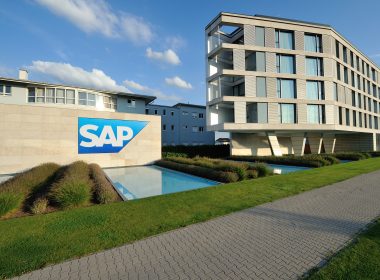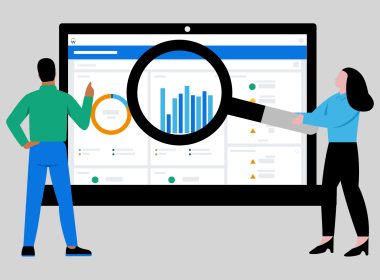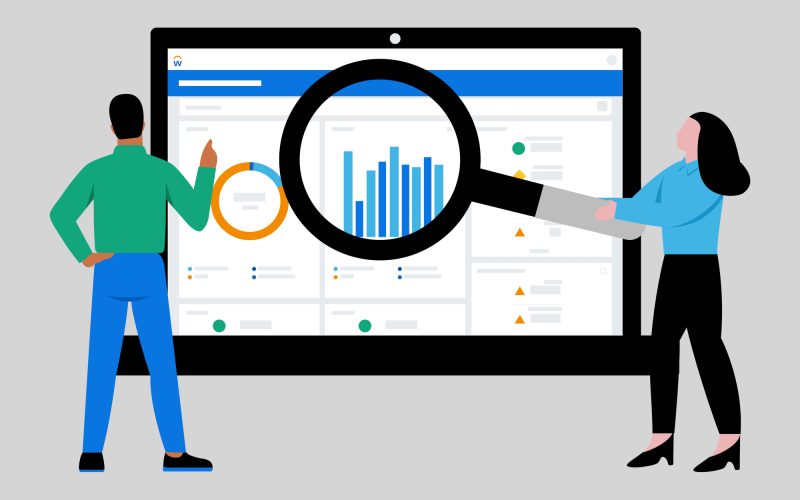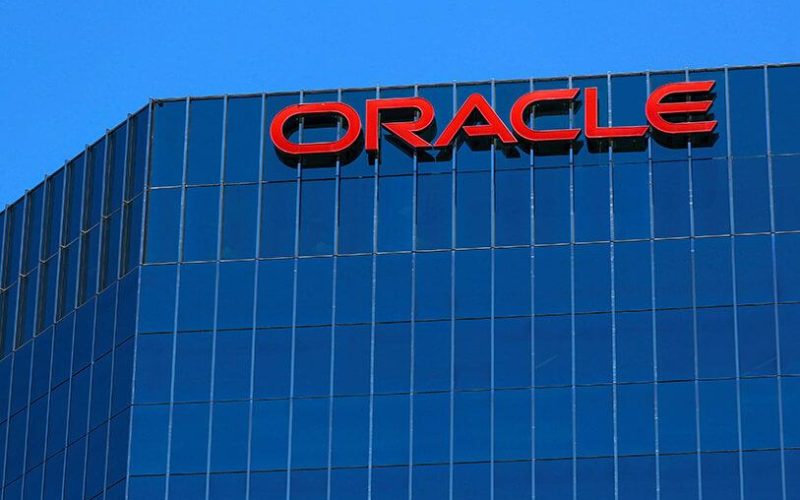In a 2012 Oracle Earnings call Founder and CTO Larry Ellison launched a broadside attack on Workday:
The only cloud company I know that decided to forego a database—that thinks that database technology isn’t necessary any more—the only one on the planet, that I know of—is Workday.
Larry Ellison, Founder and CTO – Oracle Corporation
Now, Larry Ellison is famous for having abused, downplayed or downright defamed multiple competitors from SAP to Microsoft, and even the team at Workday (Many of whom worked for Oracle for a short period of time following the acquisition of PeopleSoft in 2003).
Was this criticism valid? Not quite, it is a classic situation of Larry Ellison using his reality distortion field to make 1+1 = 7.
From the beginning, Workday has been built on top of the open-source MySQL database, which is in fact owned by oracle following their acquisition of Sun Microsystems in 2009. Oracle goes as far as to List Workday as a MySQL customer on their website.
Workday never decided to build its own database, or forego a database as Larry Ellison has claimed. Instead Workday decided (in a prescient move) to abstract the role of the database in their HCM and subsequent ERP applications to use an object model instead of an overly complex structure of tables and code. Workday’s object model is used to define both the structure of their applications (classes, relationships, and attributes) as well as the logic of applications (methods). All parts of the object model are defined as metadata.
Instead of the thousands of relational tables and millions of lines of code used to define traditional enterprise software, Workday applications consist of millions of metadata definitions. Workday uses a standard MySQL relational database to store all metadata and all application data. To optimise application performance, application metadata and most application data is stored in memory for faster I/O.






